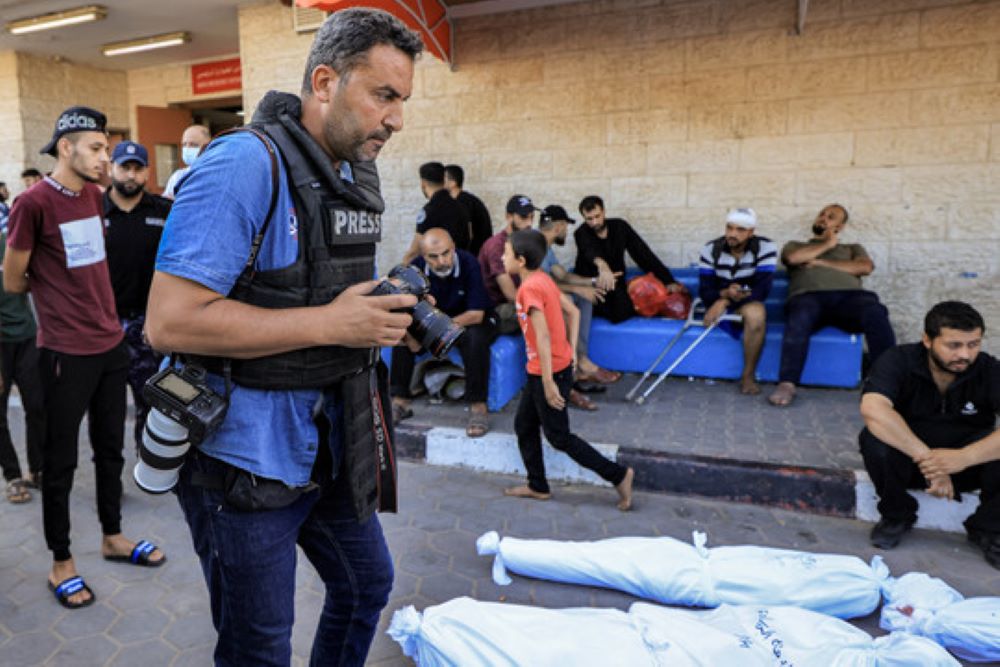
Challenges faced by Journalists in Sri Lanka today and the way forward were discussed at an all-island meeting of the Federation of Media Employees Trade Unions.
This meeting was the final activity organized by FMETU under the International Federation of Journalists, Union to Union, 2023 program. The event took place online on 23 November 2023.

The program this year focused on creating greater awareness amongst journalists on the rights and responsibilities of Sri Lankan Journalists and strengthening the FMETU as a united body. A strategic plan for 2024/ 25 was designed with the collective participation of FMETU members from all districts.
 The keynote address at the meeting to discuss the challenges and way forward, titled “2024-25- FMETU Future Plans and Duties, Responsibilities of Journalists”, was delivered by a leading activist of the Young Journalist Association, Tharindu Udawaragedara. He explained at length the “Strategic Engagement Plan 2024-25” and explained the responsibilities assigned to the members. The presentation was followed by a lively discussion amongst the participants.
The keynote address at the meeting to discuss the challenges and way forward, titled “2024-25- FMETU Future Plans and Duties, Responsibilities of Journalists”, was delivered by a leading activist of the Young Journalist Association, Tharindu Udawaragedara. He explained at length the “Strategic Engagement Plan 2024-25” and explained the responsibilities assigned to the members. The presentation was followed by a lively discussion amongst the participants.
Members then provided their input for prioritization of issues identified in the strategic plan. Over 100 journalists provided input through a Google form designed for this purpose.

The FMETU 9th National Delegates Conference was also held concurrently with this event.
The delegates conference was conducted under the leadership of Indira Navagamuwa who was elected as the pro temp chair.
The past Delegate Conference report was presented by Dharmasiri Lankapeli. After the Secretary presented the annual report.
The new office Bearers for the two years 2024-25 were proposed and elected. Nine members were elected to the Board and sixteen were elected to the executive council. The entire executive board consists of twenty- five members. The Assembly unanimously approved the 2021-22 audit report presented by the Treasurer, Rizwan Segu Mohideen. The program concluded with the delivery of the vote of thanks by the General Secretary, Lankapeli.
FMETU, 26 November, 2023











 The keynote address at the meeting to discuss the challenges and way forward, titled “2024-25- FMETU Future Plans and Duties, Responsibilities of Journalists”, was delivered by a leading activist of the Young Journalist Association, Tharindu Udawaragedara. He explained at length the “Strategic Engagement Plan 2024-25” and explained the responsibilities assigned to the members. The presentation was followed by a lively discussion amongst the participants.
The keynote address at the meeting to discuss the challenges and way forward, titled “2024-25- FMETU Future Plans and Duties, Responsibilities of Journalists”, was delivered by a leading activist of the Young Journalist Association, Tharindu Udawaragedara. He explained at length the “Strategic Engagement Plan 2024-25” and explained the responsibilities assigned to the members. The presentation was followed by a lively discussion amongst the participants.


